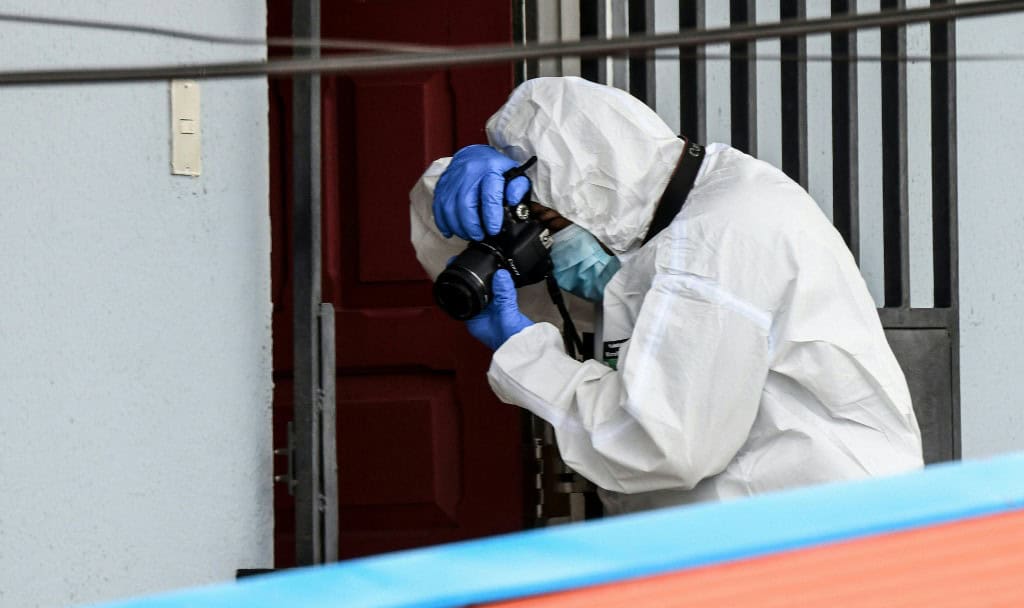A team of UN human rights experts said Tuesday that involvement by the Nicaraguan government in the killing of retired major Roberto Samcam cannot be ruled out. They point to a pattern of attacks on opponents living abroad under Daniel Ortega and Rosario Murillo’s rule.
Samcam, 66, was shot dead by assailants at his home in San José, Costa Rica, on June 19. He had lived there in exile since 2018, openly criticizing Ortega and Murillo for running what he called a family dictatorship.
Ariela Peralta from the UN Group of Human Rights Experts on Nicaragua stated that violations by the government extend beyond borders. Tactics include threats, financial squeezes, blocking entry or passports, stripping citizenship, harassing families, spying, and pressuring relatives.
Peralta added that Samcam’s death fits this mold, so investigators should not dismiss state links. Reed Brody, another expert, said no spot feels safe for Nicaraguan dissenters and called on host nations to step up safeguards for exiles.
Samcam’s funeral happened Sunday in a San José cemetery, with demands for justice echoing from the UN group and various governments. The panel recalled similar cases, like exiled Nicaraguan Rodolfo Rojas Cordero found dead in Honduras in 2022, and opposition member Joao Maldonado wounded by gunfire in Costa Rica in 2021 and again in 2024.
Ortega, 79, a former rebel leader in power since 2007, and Murillo, 74, ramped up actions against critics after 2018 protests that killed over 300, per UN counts. The regime branded those events a US-backed coup plot.
Hundreds of thousands of Nicaraguans now live abroad, mostly in Costa Rica, the US, and Spain. Samcam’s widow, Claudia Vargas, shared details of threats he faced and his contacts with Costa Rican intelligence. She criticized President Rodrigo Chaves for staying silent on the case.
Thirty former Iberoamerican presidents demanded a full probe. Feminist groups highlighted Samcam’s role in exposing spy networks and called for accountability. International lawyer Almudena Bernabéu plans visits to Costa Rica for further inquiries.
Exiled journalists, especially in Costa Rica, report growing fears for their lives. Rights organizations warn of transnational repression and urge probes into possible crimes against humanity.






